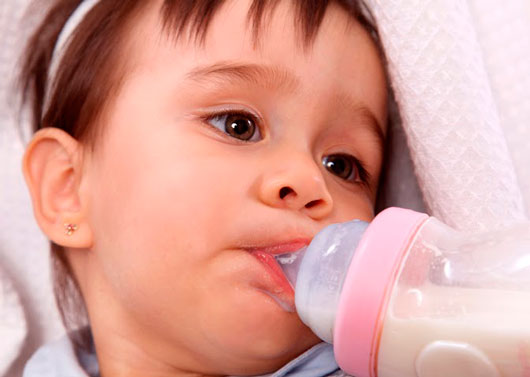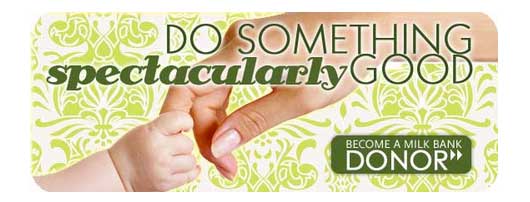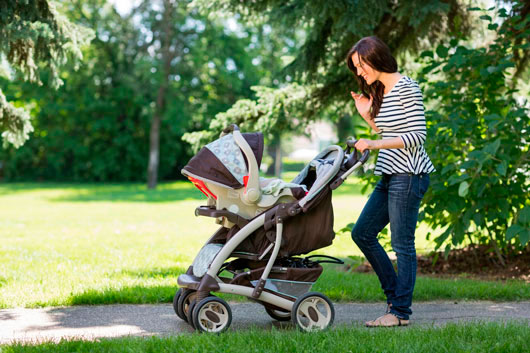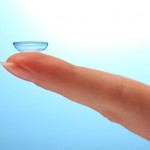
I recently wrote a very personal piece about how I was pumping milk to give to some friends who are adopting. After writing about my experience with breast milk donation, I was asked why it’s important and how a person can go about it. So, here’s the why and the how of breast milk donation.
The benefits of breast milk to infants are numerous, from better respiratory health to a huge reduction in SIDS risk. The bottom line is, if you can breastfeed your baby, you should. Unfortunately, the reality is that not all mothers can breastfeed. Whether they’re on a medication that taints their milk, have difficulty with mastitis or other infections, or are emotionally unable to juggle the many challenges of motherhood in addition to breastfeeding, I always say a mother needs to do everything she can to keep herself healthy and stable in order to be the best mother possible for her baby. For some, this means not breastfeeding.
Adoption or a premature birth are also obstacles that a mother may face that could deter the breastfeeding experience. While it is physically possible for some women to lactate for an adopted child or micro-preemie, her body may not be able to provide all that her child needs.
Read Related: Pumping Breast Milk Doesn’t Have to Be so Bad

In all of these situations, a better option than formula would be breast milk from another mother. Many hospitals use nearby milk banks in order to give donated milk to babies in the NICU. In this case, the family’s insurance would cover a portion of the cost of the milk provided. When privately purchasing breast milk from a milk bank, the average rate across the country is approximately $4 per ounce.
While the hospital may be restricted in their option to formula feed or use donated milk from their bank (which screens mothers, pasteurizes milk, and stores it according to national safety standards), a family is free to obtain their own donations once home from the hospital.
I have chosen to privately donate my breast milk to a family who is preparing to adopt. To do so, I simply pump and store my milk in my own freezer until we meet up, when I give them a little stash in a cooler. Had I chosen to donate to a milk bank, I would have had to go through a blood screening, milk screening, container collection, and been prepared to donate a minimum required amount of milk per donor to make their financial investment worthwhile. For me—someone who hates to pump in the first place and can’t be bothered with red tape and bureaucracy—private donation was the right choice. For many mothers, especially working moms with an oversupply who have to pump at work anyway, a predictable surplus is the perfect reason to donate to a milk bank.
If you want to privately donate but don’t know of anyone who could use your breast milk, a simple Google or Facebook search will turn up organizations nationwide that match donors with recipients in the same region.
The benefits of breastfeeding a baby are so vast, the gift of a milk donation is one that will be cherished throughout a person’s life. Private donation makes no amount too small to give, each drop valued as the price to purchase from a bank continues to rise. As for me, I’m so grateful to have the opportunity to share what nature has given my girls and, while pumping is a chore I don’t look forward to, I’ll continue until there’s nothing left to give.











